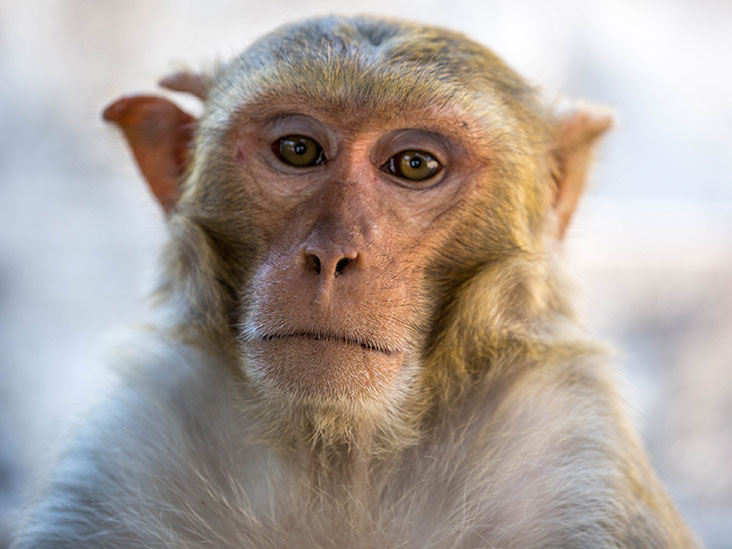A new study has found that a COVID-19 vaccine candidate is highly effective in protecting rhesus macaque monkeys from the disease.

Developing a safe and effective vaccine is central to stopping the spread of SARS-CoV-2, the virus responsible for COVID-19.
While emergency measures that authorities put in place to promote physical distancing and protect those most at risk have been important in slowing the spread of the virus, given its virulence, the resulting reduction in transmission rates is likely to be temporary.
The continued spikes in novel coronavirus infections throughout the world, many months after the first implementation of emergency measures, seem to confirm this.
Stay informed with live updates on the current COVID-19 outbreak and visit our coronavirus hub for more advice on prevention and treatment.
Treatments for the disease that the virus causes are also an important part of the equation. They may reduce the severity of COVID-19 if a person does contract the virus or reduce their chances of getting the infection in the first place.
However, reducing the rate of infection sufficiently for societies to return to normal may be challenging if we rely on treatments alone.
Thus, much current research revolves around the search for a vaccine, which would “teach” a person’s immune system how to fight SARS-CoV-2 — in theory, stopping the virus in its tracks.
The development of a vaccine that is both effective and safe across different demographics of the global population can take a considerable amount of time, though.
Fortunately, according to the authors of a recent review article in the journal Frontiers in Pharmacology, “unparalleled data sharing and collaborative team efforts” between global institutions has meant that time estimates for the development of a safe and effective COVID-19 vaccine are down from the usual 10 or more years to about 12–18 months.
Recently, a ne

